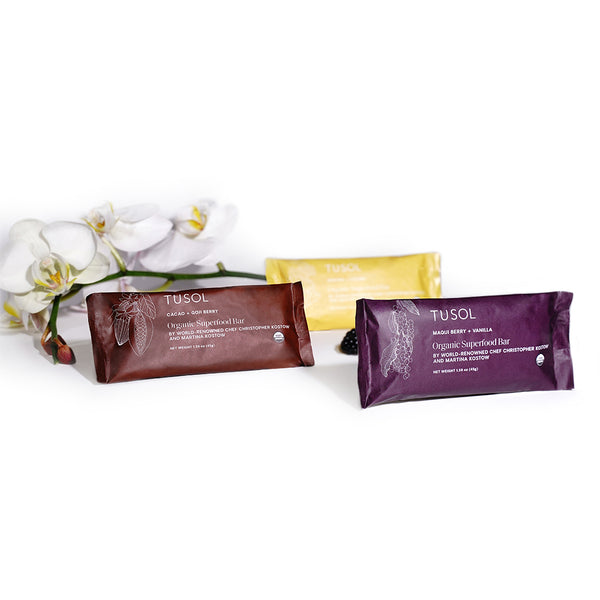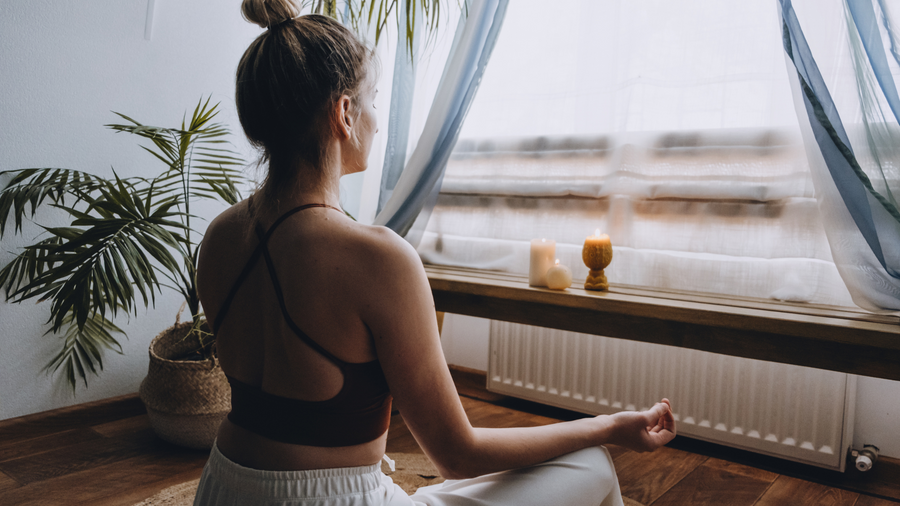Getting sufficient sleep unfortunately is difficult for many people. Approximately 35 percent of American's report not getting the minimum of seven hours of sleep each night. Studies show that exercise can go a long way towards improving sleep quality and vice versa.
Hormonal and mood-stabilizing effects are the most important contributors to how sleep and exercise are positively linked. Exercise, especially if done at the right time of the day, can regulate your sleep cycles through its effect on your cortisol and melatonin levels.
Exercise helps reduce stress and anxiety measurably, which is one of the main inhibitors of sleep. It may also reduce the risk for developing sleep disorders, such as insomnia, sleep apnea, and restless leg syndrome.
In order to improve the quality of your sleep, we recommended going for morning and evening walks, ideally when the sun rises and just before the sun sets. You want to expose your eyes and skin to the sun to help align your body with its natural circadian rhythm or sleep/wake cycle. This helps the body naturally produce the stress hormone cortisol the morning and allows it to taper off in the afternoon and evening.
If you're looking to improve your sleep through exercise, here are a few dos and don’ts to be aware of:
- Don’t workout without stretching, as one of the most common reasons for poor sleep quality is aches and pains that don’t allow one to sleep.
- Try not to work out right before sleep. Though exercise helps tire you out and can help with the first phase of falling asleep it may also result in cramps, micro cramps and aches which may affect the quality of your sleep.
- Do increase your exercise routine in small increments that way you allow your body to adjust and make it less likely to injure yourself.
- Do go for an early morning walk. This helps pump up the cortisol levels, lower the melatonin levels, and increase the serotonin and dopamine levels, which help wake and move you.
- Do balance aerobic and strengthening exercises. Both exercises benefit sleep as they operate on different mechanisms. Whereas aerobic exercise helps with better breathing during sleep and better sleep cycles, strengthening exercises, especially over time, helps with the minor aches and pains that affect sleep quality.
Both exercise and sleep are vital parts of a healthy lifestyle. If you nail one of them it can provide benefits for the other and better your performance, mood and general health and wellness. Try writing down your exercise routine and timing to see how this affects you and whether you need to back off on the more intense exercise near bedtime. Practice recovery techniques such as yoga, stretching, or foam rolling and also prioritize working out in the natural light. In a few weeks you should be able to notice improvements in sleep and mood, so let us know how it goes!














